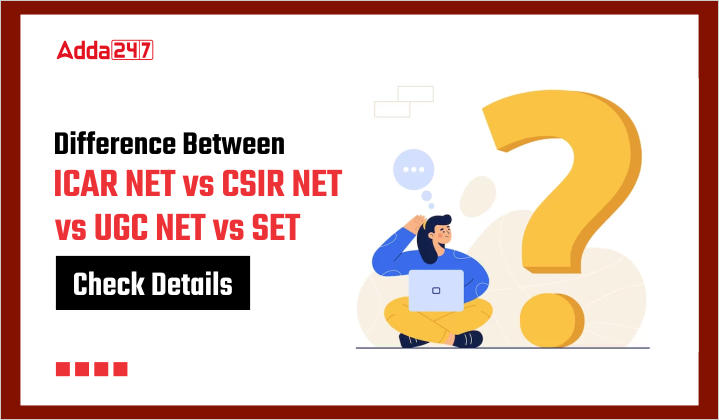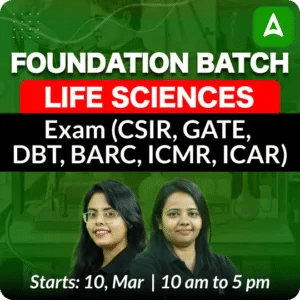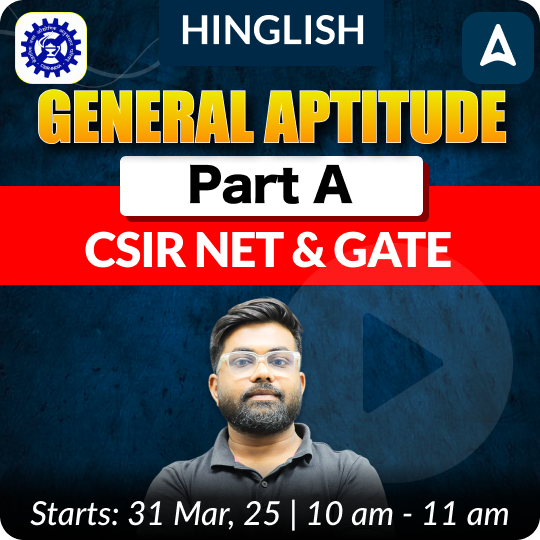Table of Contents
ICAR NET, CSIR NET, UGC NET, and SET are national/state-level exams for teaching and research careers in India, each serving different fields: UGC NET covers arts, humanities, and social sciences; CSIR NET is for science streams like physics and chemistry; ICAR NET focuses on agriculture and veterinary sciences; while SET (State Eligibility Test) qualifies candidates for state university positions. This guide explains their key differences in eligibility, subjects, and career opportunities to help you choose the right path for becoming a professor or researcher.
UGC NET Exam
UGC NET (University Grant Commission National Eligibility Test) is the eligibility test conducted by NTA (national testing authority) twice in a year. It is mostly conducted in the month of June and December. Following are the major highlights of the exam:
- UGC NET is conducted in 85 different subjects.
- Conducted on PAN India basis
- Only candidates having postgraduates can apply for the exam.
- Candidates can choose to be assistant professor on clearing UGC NET or join the University as researcher after clearing JRF ( Junior Research Fellowship)
ICAR NET Exam
ICAR NET (Indian Council of Agricultural Research National Eligibility Test) is conducted by ASRB (Agricultural Scientist Recruitment Board). Like UGC NET exam by qualifying ICAR NET Candidates become eligible for being selected as Assistant Professors in Agricultural Universities. ICAR NET is an Online exam conducted on computer-based mode at 32 Centres across India. Following are the highlights of the exam:
- ICAR NET is conducted once in a year by ASRB (Agricultural Scientist Recruitment Board)
- Candidates having Masters Degree in any of the subject related to agriculture can appear for ICAR NET exam.
- Some relevant disciplines for this are: Agricultural Biotechnology, Nematology, Agricultural Science and Process Engineering, Animal Biochemistry, Diary Chemistry, Fish Nutrition and Agro forestry etc.
CSIR NET exam
CSIR NET (Council of Scientific and Industrial Research) is conducted by NTA (National Testing Agency). CSIR NET is a test for determining eligibility for lectureship and for the award of Junior Research Fellowship (JRF) for Indian nationals in the fields of science. Following are the highlights of CSIR NET:
- CSIR NET is conducted twice a year
- Candidates having post graduation in science stream are eligible to take the CSIR NET unlike UGC NET which is given only if candidates have post graduation.
SET Exam
SET stands for the State Eligibility Exam (SET) which is conducted by respective state agencies. Candidates qualifying for SET are eligible for the Assistant Professor post only in the universities and colleges belonging to the state in which they have passed the SET exam. Important highlights of SET exam are:
- SET exam will provide State-level recognition and candidate become eligible to serve as a lecturer in the particular state
- The application fees for the SET exam are generally lower than those for the UGC NET exam, which makes it a more cost-effective option for candidates.
- It is more convenient since in the SET exam is candidates do not have to travel to different parts of the country to appear for the exam.
Difference between UGC NET vs ICAR NET vs CSIR NET vs SET
The candidates are always curious to know for which exam they are eligible. To get this point clear following are the major differences between the three examinations. Before applying for any of the exam candidate needs to understand these differences between UGC NET vs ICAR NET vs CSIR NET vs SET :
| Differences between UGC NET vs ICAR NET vs CSIR NET vs SET | |||||
|---|---|---|---|---|---|
| Basis of differences | UGC NET | ICAR NET | CSIR NET | SET | |
| Conducting Authority | NTA (National Testing Agency) | ASRB (Agricultural Scientists Recruitment Board) | NTA (National Testing Agency) | State academic authorities | |
| Concerned Stream | Social sciences and languages | Agriculture | Math and science | All Subjects related to UGC NET and CSIR NET | |
| Number of times exam is conducted | Twice a year | Once a year | Twice a year | Once a year | |
| Total marks | 300 | 150 | 200 | 300 | |
| Total Time | 3 hours | 2 hours | 3 hours | 3 hours | |
| Eligibility | Master’s degree with 55% marks in relevant discipline | Candidates must have a master’s degree in any subject related to agriculture domain from a recognized university | Candidates having a master’s degree in relevant discipline from a recognized university with a pass percentage of 55% | Master’s degree with 55% marks for general category candidate in relevant discipline of social sciences and languages from any university | |
| Age limit | Maximum age to apply for JRF (Junior Research Fellowship) is 30 years and for Lectureship, there is no age limit. | No upper age limit | Maximum age to apply for JRF (Junior Research Fellowship) is 28 years and for Lectureship, there is no age limit | There is no age limit. | |
Career Opportunities
Candidates who are curious to know that what are the career opportunities they can avail after cracking these exams must read the following points. After clearing these exams candidates can follow following career paths:
- UGC NET certification will help candidate to opt lectureship as his or her career. They can even apply for PSU (public sector undertakings) and enroll for further research
- The candidates having CSIR NET can work on research projects in research labs and also pursue teaching as career after doing masters
- The ICAR NET exam helps candidate to work as lecturer/assistant professor in the field of agriculture in the state agricultural universities (SAUs) and other Agricultural Universities (AUs).
- The candidates qualifying SET Exam can apply for lectureship in the universities and colleges which comes under the respective state government.




 UGC NET Preparation Strategy 2025, Tips ...
UGC NET Preparation Strategy 2025, Tips ...
 What is UGC NET Certificate Validity? Ch...
What is UGC NET Certificate Validity? Ch...
 CSIR NET Life Science Salary, What to Ex...
CSIR NET Life Science Salary, What to Ex...




